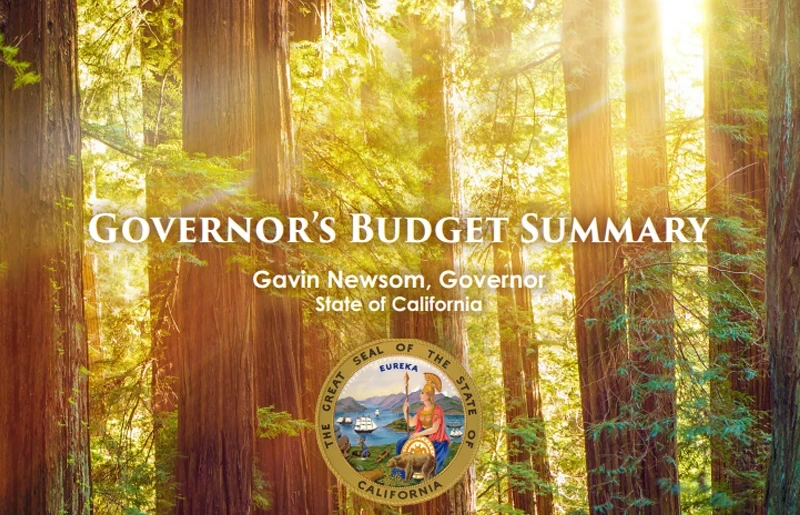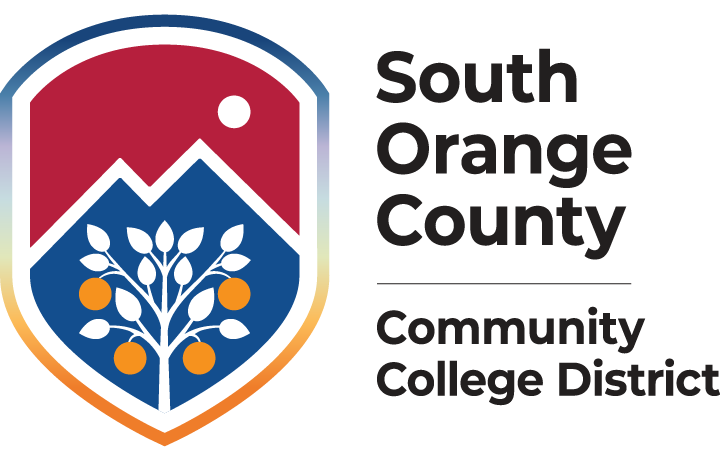
May, 15, 2023
Last Friday, Governor Newsom presented his May Revise budget proposal for the 2023-24 fiscal year totaling $306 billion. As anticipated, the State budget gap has grown from $22.5 billion in January to $31.5 billion in May due to the continued downturn in the economy as a result of inflation and a decrease in tax revenues. The Governor cautioned that there are several uncertainties surrounding the budget, including the federal debt ceiling impasse, delayed tax receipts (estimated at $42 billion), additional interest rate increases, and a predicted moderate recession. As a result, the Governor continued to take a conservative approach in order to balance the budget and to protect core programs by deploying various tactics including funding delays, reductions in current year one-time funds, fund shifts, borrowing from special funds, and withdrawing funds from the Safety Net Reserve while still providing for $37.2 billion in total reserves, including $22.3 billion in the Budget Stabilization Account (aka the Rainy Day Fund).
Community College Specifics
Funding under Proposition 98 for K-14 education has been reduced to $106.8 billion which is a $2.2 billion decrease from January and a $3.6 billion decrease from the 2022-23 enacted budget. Community colleges are slated to receive $12.3 billion in General Fund and local property taxes combined; an overall reduction of $360 million from the January budget. Although, the overall reduction appears minimal, it has a major impact on our current year (2022-23) budget by cutting both our deferred maintenance and COVID-19 Block Grant by over 50 percent. It is our intent to vigorously advocate against these reductions since the District has already received a majority of the cash through apportionment.
The May Revise includes two statutory change proposals related to categorical programs. The first proposal would allow districts to spend funds from the Student Equity and Achievement Program, Student Financial Aid Administration, and Student Mental Health Resources flexibly and create an assessment mechanism after five years for the Chancellor’s Office to determine whether districts have made progress toward the meeting the roadmap goals. If no progress is shown, the district will lose its ability to spend these funds flexibly. The second change expands Strong Workforce Program eligible uses to student grants for licensing and certification fees and to support applied and experiential learning.
The major components of the community colleges’ budget and the impacts to our District are as follows.
Unrestricted General Fund:
- $678 million (8.22%) cost of living adjustment (COLA). This will provide an estimated $15.3 million increase to our DRAC model.
- $26.4 million (0.5%) for enrollment growth. However, since the District is not growing in FTES there will be no change to the DRAC model.
- $2.2 million (8.22%) cost of living adjustment (COLA) for mandated cost block grant program. This will provide an estimated $71 thousand increase to our DRAC model.
Restricted Funds: There is only one new program proposed for a LGBTQ+ Pilot Project as shown below. However, as mentioned above, there are significant changes to one-time resources allocated in the 2022-23 budget in order to provide funding for student enrollment and retention efforts and to fully fund the Student Centered Funding Formula (SCFF) model. We have estimated the District’s allocations based upon our current percentage of the statewide share.
Ongoing Resources:
- $83.1 million (8.22%) cost of living adjustment (COLA) for Adult Education, EOPS, CARE, DSPS, CalWORKS, and Child Care Tax Bailout. This will provide an estimated $931 thousand increase to our programs.
- $50 million reduction in Student Success Completion grants to reflect the current program participation levels. This will result in an estimated $763 thousand decrease to our programs.
One-Time Resources:
- $452 million reduction in deferred maintenance funds already allocated and received in 2022-23 totaling $10 million for the District.
- $450 million in 2023-24 and $94.5 million in 2024-25 for student housing grants. No specific projects have been identified in the budget but if they were to fund the projects in ranked order these funds would entirely cover the first 7 projects on the list of applications filed in January 2023. Unfortunately, Saddleback College’s project is ranked 18th on the list, far below the amount of funding available.
- $345 million reduction in the COVID-19 Recovery Block Grant already allocated and received in 2022-23 totaling $9.1 million for the District.
- $100 million for student enrollment and retention efforts. This will provide an estimated $1.9 million to our colleges.
- $14 million for workforce training grants in collaboration with the California Department of Forestry and Fire protection.
- $10 million per year for three years for LGBTQ+ programs. This will provide an estimated $251 thousand for the college programs.
The District will incorporate these proposals into our DRAC model for the Tentative Budget and will discuss them at the District Resources Allocation Council (DRAC) on May 19, 2023. The Tentative Budget will be presented to the Board of Trustees for approval at the June 26, 2023, meeting.
At the State level, the budget talks will now pick up speed within the legislature. We can expect budget proposals from both the Senate and Assembly within the next couple of weeks. If there are any line items that differ between the Governor’s budget and the budget they each adopt, then those line items will go into the Conference Committee for resolution. It is anticipated that we will have a final State budget by the June 15 legislative deadline. We will incorporate all the changes appearing in the final State budget into our Adopted Budget which will be submitted to the Board of Trustees for approval at the August 28, 2023, meeting.
For individuals who want more information on the budget, can read the Joint Analysis prepared by the California Community Colleges Chancellor’s Office, Association of Chief Business Officials (ACBO), Association of California Community College Administrators (ACCCA), and the Community College League of California (CCLC), and the Governor’s Budget Summary.
Vice Chancellor of Business Services, Ann-Marie Gabel can be reached at agabel@socccd.edu.
